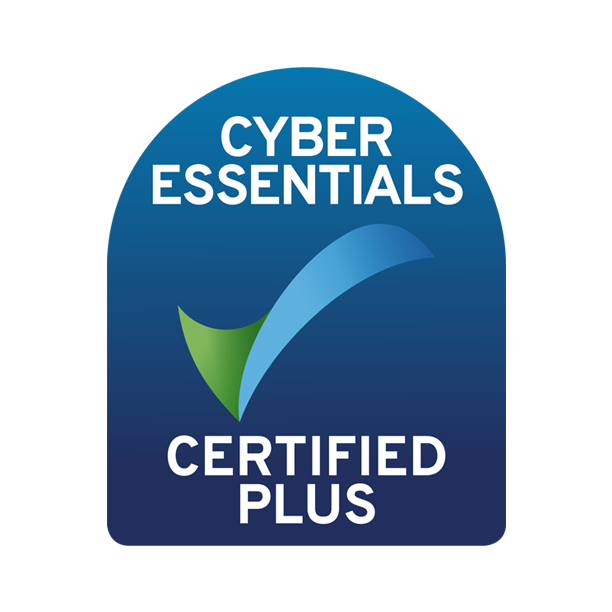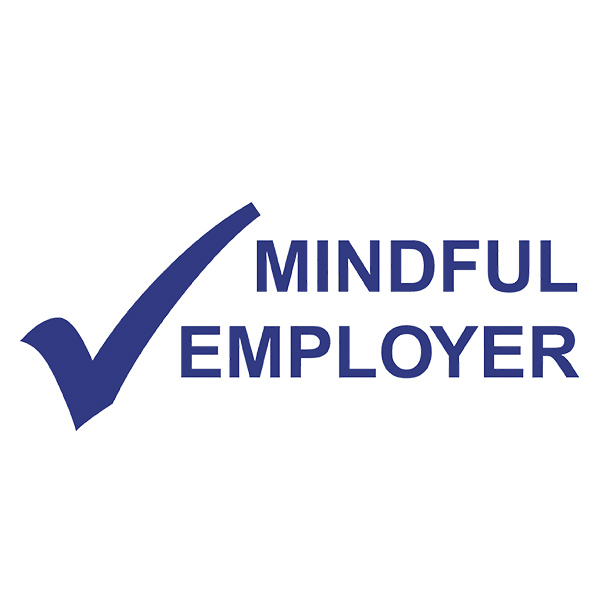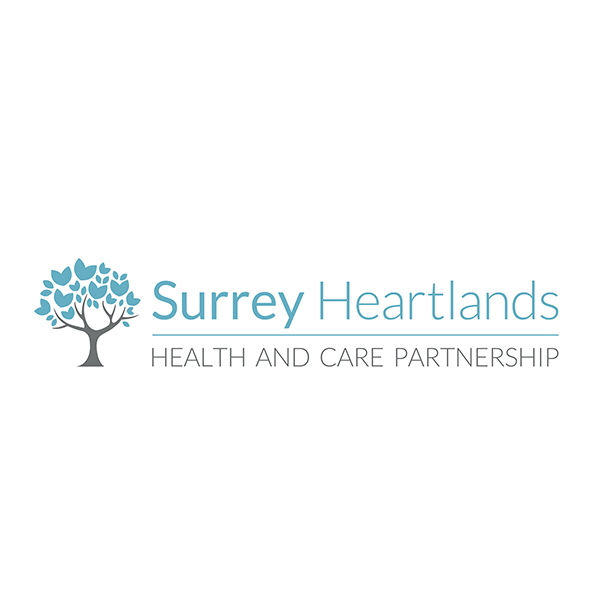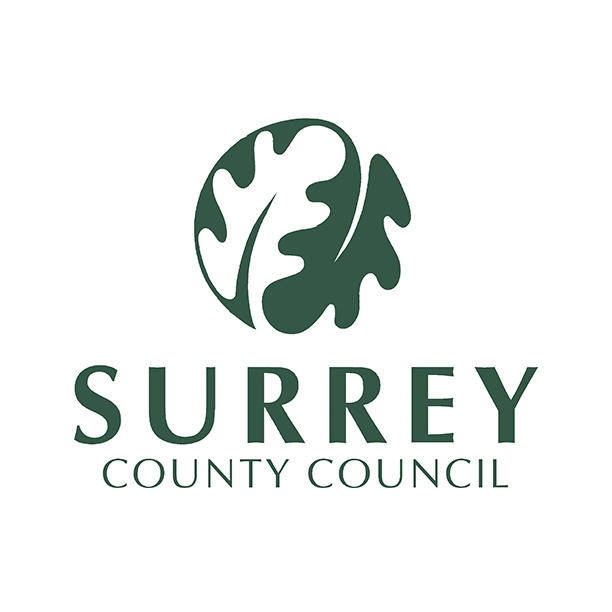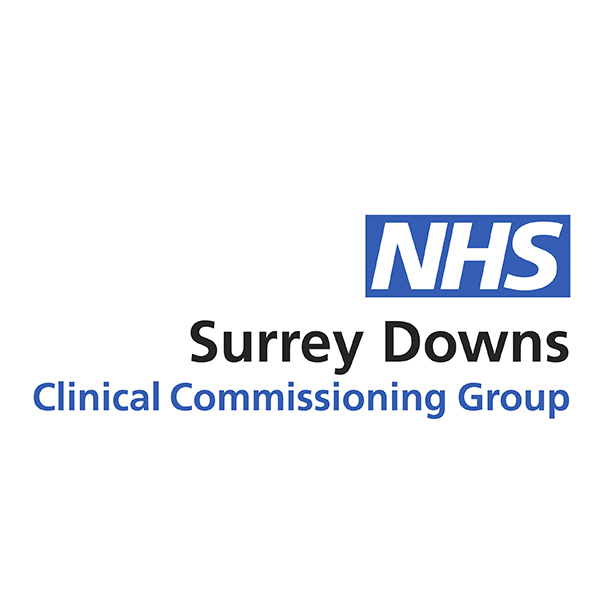-
Recovery & Connect
-
This secondary care service supports people identified by the HOMEFirst service as having complex mental health needs to enable them to live well at home and prevent any future deterioration in their mental health or the need for hospital admission.
-
What is HOMEFirst?
We know supporting people to live well with their families and friends at home and in their local communities, including those with a long-term mental illness who have experienced repeated episodes of mental ill health or have a history of inpatient admission, is the best way of managing any decline in mental health and aiding recovery.
HomeFirst helps people to stay well living at home with enhanced community support. It’s a care approach that brings together a wide range of professionals and agencies to collectively address a person’s mental health difficulties and meet their specific needs.
HOMEFirst involves virtual and in-person working across agencies. Although drawn from different organisations, representatives of each HOMEFirst agency collaborate to produce a single, shared plan of care and support based on an individual’s needs.
To find out more about HOMEfirst and why someone may be referred to it, please download our guide below.
-

-
Who can access HOMEFirst?
People are eligible for HOMEFirst if they have complex and long-standing mental health needs and a history of repeat admission to an acute/specialist inpatient unit locally, or in another area.
They may additionally:
- suffer severe and enduring mental health issues impacting on their daily life
- be repeat users of other crises services, such as Accident and Emergency, Safe Haven, or Crisis House
- have complex needs requiring multi-agency involvement
- need support with their medication: how to take it, manage any side-effects, maintain and take ownership of their treatment
- have difficulty socialising or managing daily activities because of their condition
- experience loneliness and/or have limited social contact
- live independently in community or supported accommodation
- be resistant to treatment, engage in self-harm or have self-harmed historically, or have a possible dual diagnosis, and
- require a more intensive care plan or support.
-

-
This input is really different, you’ve encouraged me to do so much since you’ve been coming. Because of your encouragement I feel like you’ve woken my brain up.
Recovery & Connect Client
-
How Can Recovery & Connect Help?
If you have been referred to the Recovery & Connect service by the HOMEFirst team, our Recovery & Connect Workers will support you to identify your personal goals. Together we will create a wellbeing plan focussed on your needs, with the ultimate goal of improving overall quality of life and to make a meaningful, lasting difference to your wellbeing.
During your time with us, we will aim to support you with:
- Skills/tools to manage your mental health
- Building resilience, independence and confidence
- Providing practical hands-on support
- Connecting you with your community.
-

-
What can YOU expect with Recovery & Connect?
The frequency of your appointments with your Recovery & Connect Worker may vary depending on what’s going on in your life at the time. Our flexible approach means you can meet with us when and where suits you best. We’re here when you need us.
At several points during your time with us we will complete a ‘Dialog’ form. The aim of this is to encourage a supportive and meaningful conversation about the things that are most important to you such as: family, relationships, leisure activities, and accommodation. It will also consider your mental and physical health.
By measuring your quality of life and the support you receive, over time we can work together towards making a meaningful and lasting difference to your wellbeing.
We also offer access to Lived Experience Workers who use their own lived experience of mental health in a peer support role to contribute to your care and recovery if you need more practical support. If you would like to find out more about how they can help, talk to your Recovery & Connect Worker.
Before your support with Recovery & Connect comes to an end, we will work with you to identify your future goals and explore what’s out there to support you on the next part of your journey.
To find out more, please download our Welcome pack below.
-

-
Where can you access Recovery & Connect?
Our Recovery & Connect Workers cover the following areas of Surrey:
- Elmbridge
- Epsom
- Mole valley
- Runnymede
- Spelthorne
-

-
How to access the service
-
You cannot refer yourself to Recovery & Connect, only professionals from the HOMEFirst initiative can refer you to the service if they believe it can support your recovery or improve your wellbeing. If you would like to request to access R&C, please speak to your Care Co-Ordinator.

